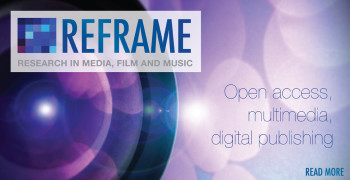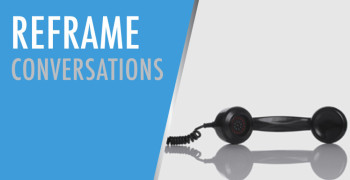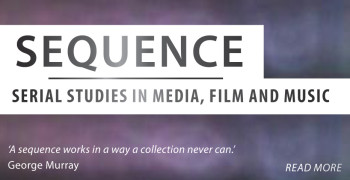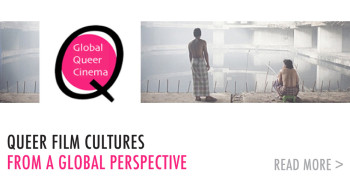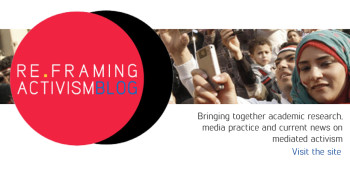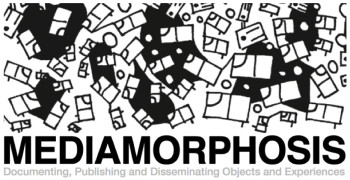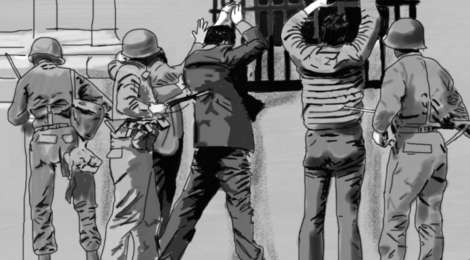
Adrian Goycoolea’s film ¡VIVA CHILE MIERDA! now free-to-view online!
Today, Mediático is thrilled to present, below, the full-length version of an award-winning film it flagged up in one of its earliest entries: Adrian Goycoolea‘s brilliant documentary ¡Viva Chile mierda! (Chile/UK, 2013). The film will be of great value to anyone interested in Chilean history, questions of dictatorship and trauma, national, personal and exilic memory, and post-dictatorship reconciliation, but also to those curious about emergent and innovative documentary filmmaking modes such as animation.
¡Viva Chile mierda! has been screened internationally at Anthology Film Archives’ New Filmmakers Series in New York, FIDOCS: International Documentary Film Festival in Santiago, Chile, Cine Memoria series in Geneva, The Museum of Memory and Human Rights in Santiago, Chile, Document: International Human Rights Documentary Film Festival in Glasgow, UK, El Ojo Cojo International Film Festival in Madrid and Barcelona (where it obtained a Special Jury Mention), and Brighton’s Cinecity Film Festival. The film was also listed as one of the 10 best Chilean films of 2014 by Twitchfilm.com.
Goycoolea is currently Senior Lecturer at the University of Sussex, Brighton, UK, where he teaches courses in Filmmaking (Documentary, Fiction, and Intermedia). He was born in Brazil to Chilean and British parents, and has lived in Rio de Janeiro, Santiago, New York City and the Midwest. Perhaps because of this diverse background, his films often address issues of location and identity, exploring the intersections of personal memory with social and political histories.
His work ranges from short, experimental, single channel pieces to multi-channel art installations, as well as short and feature-length documentaries. Adrian has worked as a programmer and publicist at Anthology Film Archives in New York City, and his films and installations have been screened widely.
Over the years, his work has been shown at film festivals such as the Rotterdam International Film Festival, The Moscow International Film Festival, BFI Flare: The London Lesbian and Gay Film Festival, Frameline: The San Francisco International LGBT Film Festival, Document: International Human Rights Documentary Film Festival (Glasgow), FIDOCS: International Documentary Film Festival (Santiago) and at art galleries including The Artists’ Space (NYC), Taller Boriqua (NYC), La Panaderia (Mexico City), and in locations as disparate as Anthology Film Archives and MTV.
¡Viva Chile Mierda! (English language version) by Adrian Goycoolea (Version en Español aquí)
Chile, 1974. Under the cloak of darkness Pinochet’s military intelligence service raid the home of the filmmaker’s aunt Gaby. She, together with her husband and brother, were blindfolded and taken to a secret military prison to be interrogated. For three weeks they were tortured and terrorized. No one knew where they were. Their children were kept under armed guard. Were it not for the help given to them by one young prison guard, they would not have coped. That guard was Andrés ‘Papudo’ Valenzuela, who several years later would be the first military intelligence officer to admit to the crimes committed by the dictatorship. Through intimate interviews, illustrations, animations and first person voice over, this film traces the lives of both prisoners and guard in order to reflect on the enduring effects of this traumatic history. Their stories shine light on larger issues of exile, national identity, truth and reconciliation. Adrian Goycoolea
On the basis of his family’s history, Goycoolea understands that he can tell the story of his country. In this way, the film gives rise to a clear exercise of self-reflection on his own past, since the events that took place in Chile during the dictatorship marked him deeply. We are, then, presented with a subjective history and with a clear intention to present a particular story. However, inasmuch as the story is linked to a historical event such as ‘Papudo’s’ denunciation and is representative of the repression that the Chilean population experienced during the dictatorship, we consider that it constitutes a story of great value for the understanding of the recent history of Chile. In short, ¡Viva Chile mierda! is evidence of the current trend of the Chilean documentary, increasingly prone to small scale stories, but without losing sight of the historical context that frames them. In this way, cinema enables the historian to understand the political and social processes of the past through personal story fragments. [Mediático‘s translation]
[Original text] A partir de la historia de su familia, Goycoolea entiende que puede contar la historia de su país. De esta manera, da pie a realizar un claro ejercicio de autorreflexión sobre su propio pasado, ya que los hechos ocurridos en Chile durante la dictadura le marcaron profundamente. Nos hallamos, pues, ante una historia subjetiva y con una clara intención de presentar un relato particular. Sin embargo, en tanto que se vincula con un hecho histórico como la denuncia de ‘Papudo’ y es representativo de la represión que vivió la población chilena durante la dictadura, consideramos que constituye un relato de gran valor para la comprensión de la historia reciente de Chile. En definitiva, ¡Viva Chile mierda! evidencia la tendencia actual del documental chileno, cada vez más propenso a las historias mínimas, pero sin perder de vista el contexto histórico que las enmarca. De esta manera, el cine posibilita al historiador entender los procesos políticos y sociales del pasado a través de fragmentos de historias personales.
Excerpt from a longer discussion of the film in Gonzalo Barroso Peña, ‘La representación de la dictadura de Pinochet en el cine documental chileno entre 1973 y 2013. De la imagen testimonial al relato memorístico’, Filmhistoria, 25.1, 2015. Online at: http://revistes.ub.edu/index.php/filmhistoria/article/view/12139

